I Love Hong Kong
aka Ngo oi Heung Gong: Hoi sum man seoi aka 我愛香港

2011![]()
Directed by Chung Shu-Kai and Eric Tsang Chi-Wai
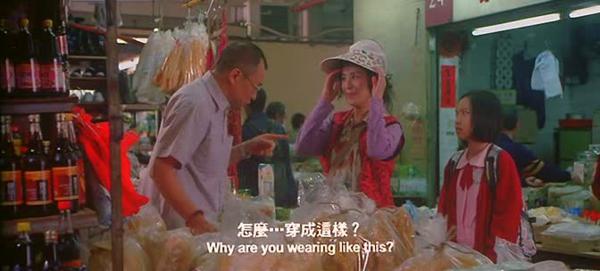
I Love Hong Kong is another Shaw/TVB backed Lunar New Year comedy coming on the heals of 2010’s 72 Tenants of Prosperity. It is also deeply tied to Hong Kong nostalgia, and growing up in Hong Kong. Thus, a lot of the charm of the film does not translate well to overseas markets. And while parts of the film are funny and interesting, it feels like you are at your roommate’s family reunion. This isn’t to say that I Love Hong Kong is a bad film, but if you didn’t spend time living in Hong Kong, it is probably impossible to fully appreciate it. And I say that as someone who’s never lived in Hong Kong.
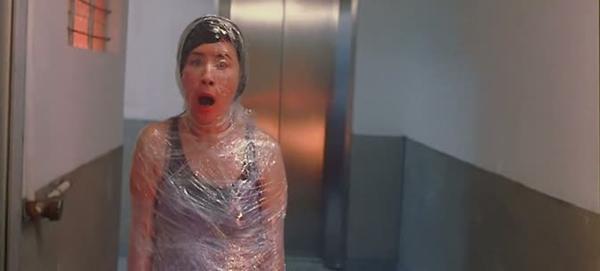
During the Lunar New Year in Hong Kong, it has become tradition for the studios to release comedy films. And that tradition dates back to 1937’s Bloom and Prosper, a film that doesn’t exist any more. Lunar New Year’s films generally have huge casts bursting to the brims with everyone famous they can cram in, wacky plots, romance, and lampooning cultural targets. And while the modern age may have lessened the impact of the box office, the tradition is alive and well. Besides starring a whole host of people, I Love Hong Kong has two directors, three script writers (Chung Shu-Kai, Heiward Mak Hei-Yan, Wong Yeung-Tat), and is based on an original story by 8 people (Eric Tsang, Chung Shu Kai, Heiward Mak, Wong Yeung Tat, Manho Mok, Chan Cheuk Wah, Ming Wong, and Louis Ng)! That’s almost as many people as who write the average terrible Hollywood blockbuster. Some of the cameos include Tenky Tin Kai-Man, Michelle Lo Mik-Suet, and even Maggie Cheung!
The theme song repeats the “I Love Hong Kong” phrase a lot, and by the end of the song you are reassured that everyone on the planet loves Hong Kong. So get with the program! There are several other songs in the films, usually during flashback sequences, and they are classic songs well enough known that my wife was singing along.
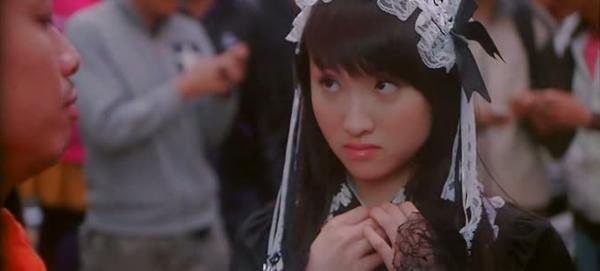
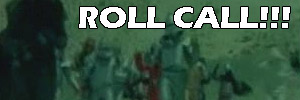
|
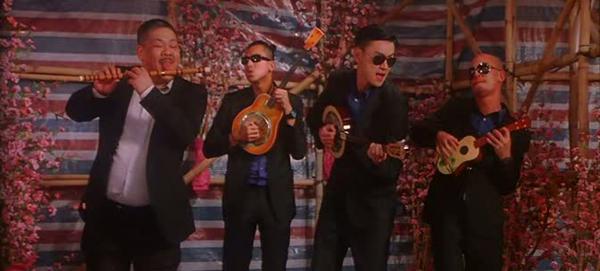
I Love Hong Kong‘s focus on nostalgia derives from a family forced to move back in with the dad’s father due to economic hardships from the economy imploding. Ng Shun’s father Ng Tung lives in a low-end Hong Kong apartment complex, the design of which will be familiar to anyone who has seen lots of Hong Kong films from the 80s and 90s. It is the same complex Ng Shun grew up in, and many of the families from back then are still around.
Ng Shun owned a factory that made children’s toys, but when the us stores stopped buying his products, he had nothing but a huge pile of industry and everything fell apart, thus the Ng family moving back in with his father. His wife Shun So hadn’t needed to work so wasn’t, and of the children, two are old enough to have jobs of their own. The son Ng Ming is a FEHD, like a policeman but with less power, largely portrayed in the film as doing nothing but going after illegal street vendors. Daughter Ng Chee is sort of working as a model, but is too shy to show off her body and gets cast aside by the more revealing rivals. The youngest daughter Ng King is still in school, and most of her scenes are with her mother explaining how to fit in with the life they have. Shun So dresses too high class for the locals, who think she is a rich person to take advantage of. But even when she buys cheaper clothes to fit in, she needs to learn how to be more direct when talking to venders.


Part of the charm of the complexes as depicted by the film are the stalls at the base where the merchants rent spots. A plot of the film is the illegal and smaller merchants vs the threats of the chain stores coming in and taking over the building and stalls. When Shun’s old friend Tok Shui Lung resurfaces after disappearing for years, he tries to rally the building to stand against a chain company snatching up the property. Ng Shun has tension with Tok Shui Lung, who he blames for stealing the complex’s charity drive money one year. But stories are far more complex than just a case of simple theft, and the various trips back to thirty years ago eventually show the real story. Ng Shun isn’t all roses, either, he shows a willingness to cheat with his former girlfriend, So Ching (Anita Yuen), who has also returned home to the complex.
Tok Shui Lung and Shun soon begin to become friends again, getting into adventures and trouble like old times. This being a Hong Kong comedy, both of the older children end up finding significant others who appreciate them for who they are. Further echos of the economic problems show up with Ng Ming’s girlfriend Nicky (Fala Chen Fa-La), who is a tutor that earns money bringing in students, but less and less people are taking the tests she preps for. Ng Ming ends up getting into moral quandaries as his job takes him into direct conflict with the livelihood of many of the residents of the complex, forcing him to take a stand of not busting every last vendor (it helps the vendor in question is his girlfriend’s father, played by Wu Ma!)


By the end, the family is pulling together, not regaining their lost levels of wealth, but getting by and getting closer than they were when they were filled with money. Other parts of the film mirror scenes from earlier, most strikingly Tok Shui Lung’s disappearance with a large sum of money – which we once again find out was used for a noble purpose. Though with Tok Shui Lung taking over the company that owns the building, he fights big budget capitalism intruding on local businesses by becoming an even bigger budget capitalism – though you could argue they set up sort of a co-op instead, so suck it, big business!
With the family-oriented plot and nostalgia-driven visuals, there is little wonder I Love Hong Kong did so well in the box office. And I admit is is probably a stronger film that All’s Well, Ends Well 2011. I do like I Love Hong Kong far better than 72 Tenants, which was frankly boring to me. I don’t love I Love Hong Kong, but I think I might if I lived in Hong Kong. Though I do love Hong Kong movies, even if sometimes they don’t love me back.


That isn’t to say I Love Hong Kong shouldn’t be watched by anyone outside of Hong Kong. There are plenty of interesting scenes, physical comedy, people misunderstanding things, and characters dealing with troublesome employees or security guards that they are powerless to do anything about. A lot of that stuff crosses cultures, we could probably have world peace if everyone got together to bash Best Buy employees.
TVB did well enough with I Love Hong Kong that they’ve just rushed another comedy through production that isn’t going to wait until the next Lunar New Year. It’s probably too early to see if we’ll have another AWEW/TVB comedy matchup this Chinese New Year, but we should have at least one comedy film to fill the moment in 2012.

Rated 7/10 (Shaw time, Wu Ma time, Tin Kai-Man time, walk this way, walk this speed, photo man, tutor girl)






